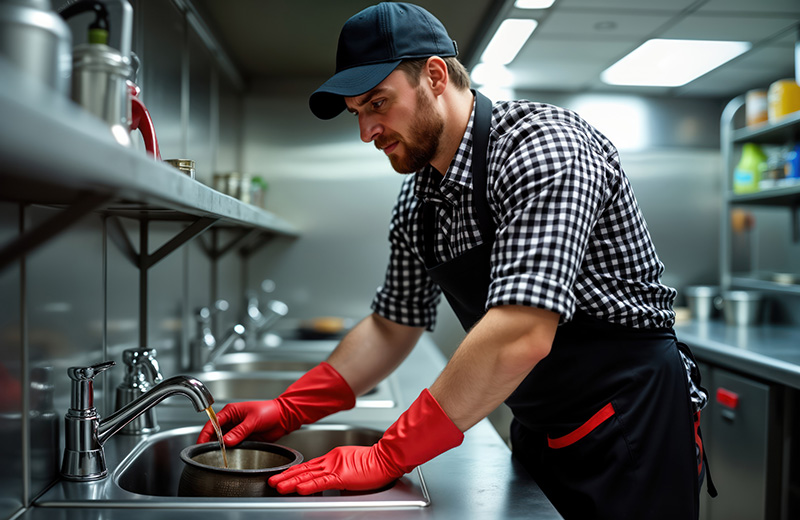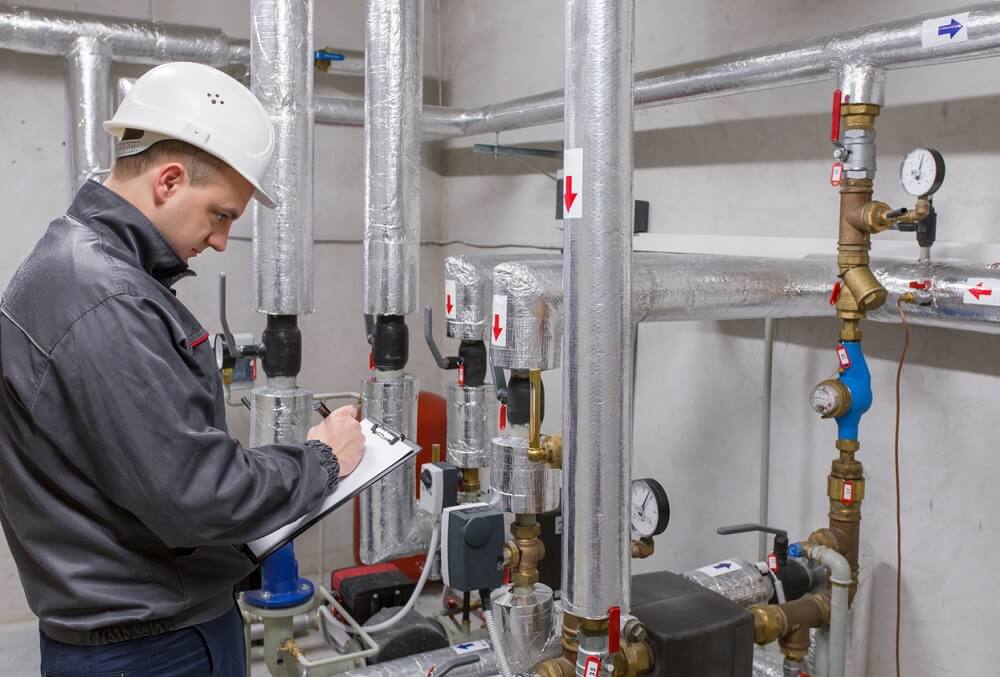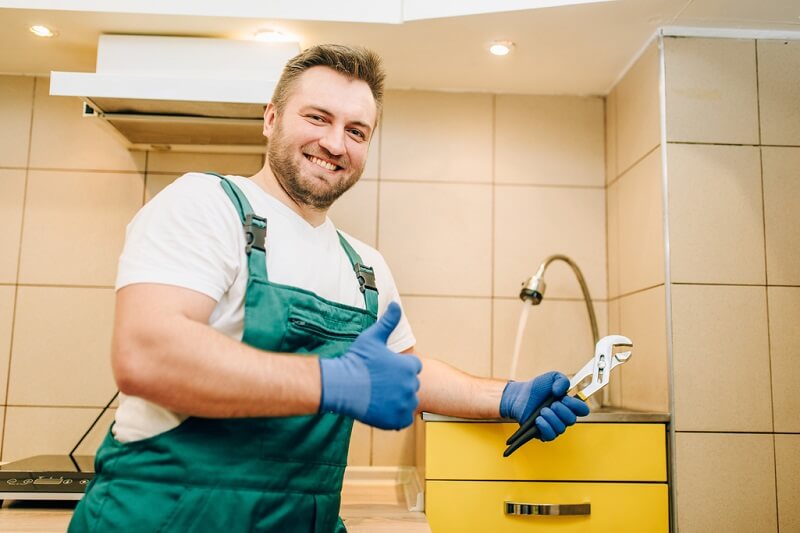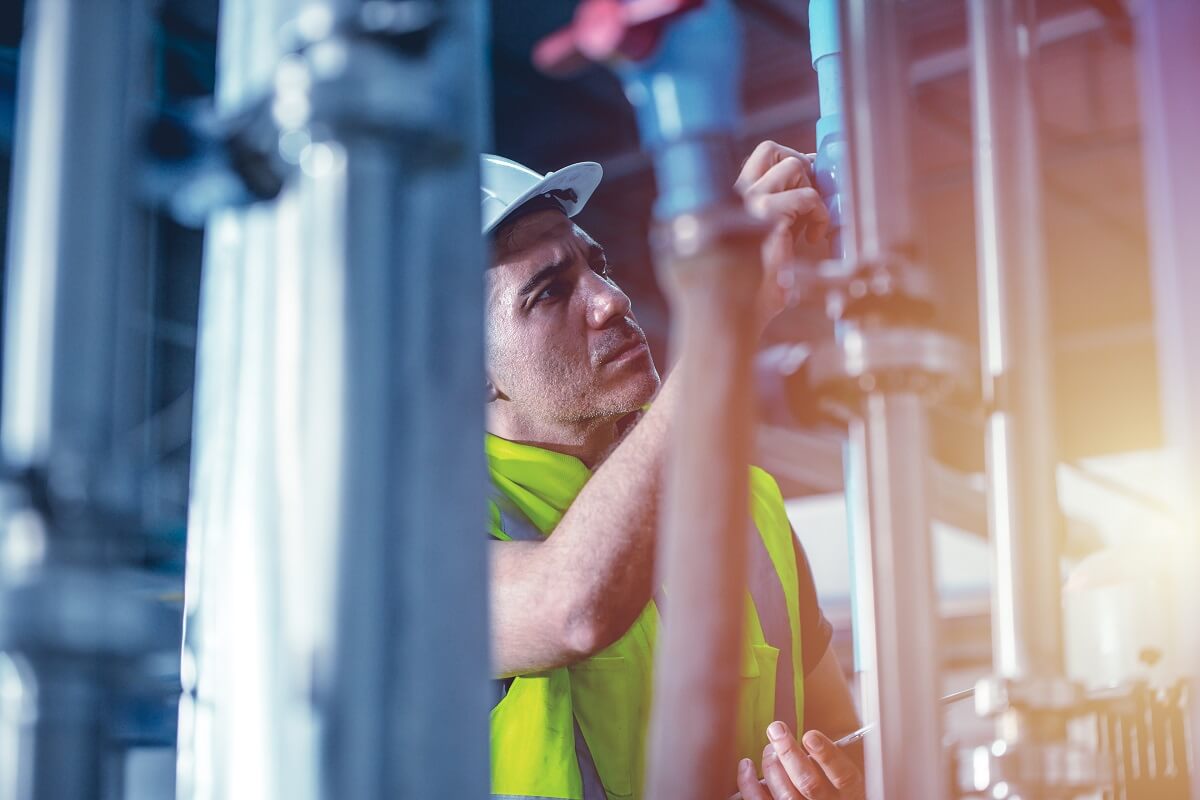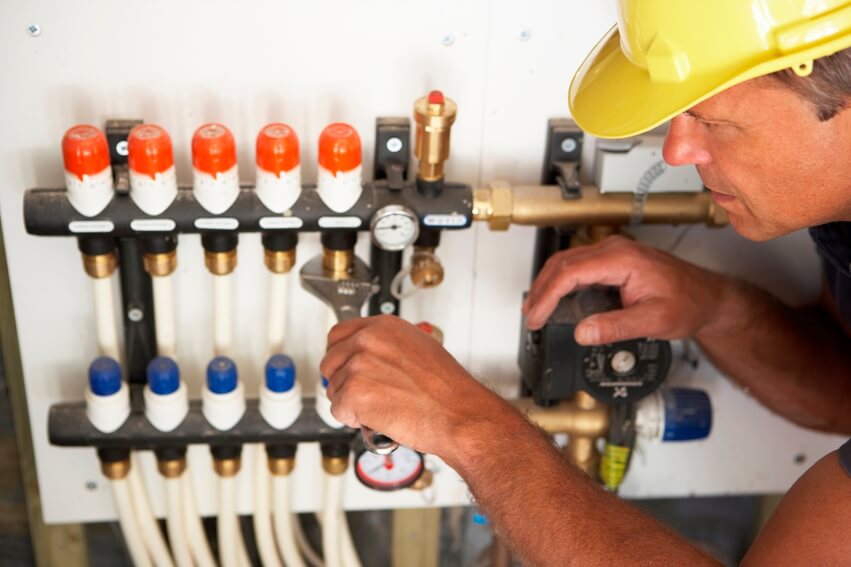As a commercial property manager in Etobicoke, you know that keeping your buildings in top condition is a full-time job. While HVAC, roofing, and electrical systems often get top billing, the silent but critical hero of your building’s infrastructure is its plumbing. A well-maintained plumbing system is the cornerstone of a functional, safe, and efficient commercial building.
Conversely, neglecting it can lead to catastrophic failures, costly emergency repairs, and significant disruptions for your tenants. This is why a proactive, year-round approach to plumbing is not just a good idea, it’s a necessity. Partnering with a skilled commercial plumber in Etobicoke is the first step toward safeguarding your investment and ensuring tenant satisfaction.
Why Preventative Maintenance is Crucial for Commercial Properties
Preventative maintenance is the difference between a minor service call and a major disaster. For a property manager, a burst pipe or a sewage backup can bring business operations to a standstill. These emergencies don’t just carry a hefty price tag; they also damage your professional reputation and can lead to tenant turnover. Regular preventative maintenance helps you identify and address minor issues before they escalate. It extends the lifespan of your plumbing infrastructure, improves water efficiency, and, most importantly, provides peace of mind. A proactive approach protects your bottom line and ensures the long-term viability of your commercial buildings.
The Ultimate Seasonal Plumbing Checklist
Your plumbing system faces different challenges throughout the year. A seasonal checklist ensures you’re prepared for whatever Mother Nature and daily usage throw your way.
Spring Maintenance (Thaw, Backflow Testing)
After a harsh winter in Etobicoke, spring is the ideal time to assess and repair any damage. The thawing of the ground can put immense pressure on underground pipes, leading to cracks and leaks.
Inspect for Thaw Damage: Check all accessible pipes, especially in basements and underground parking garages, for signs of stress or leaks from the winter freeze/thaw cycle.
Drainage Check: Ensure all exterior drains and downspouts are clear of debris. Clogged drains can lead to water pooling around the building foundation, which can cause significant damage.
Backflow Testing: Spring is the perfect time for annual backflow testing. Backflow prevention devices are critical for protecting the public water supply from contamination. Regular testing, as mandated by local regulations, ensures these devices are functioning correctly.
Summer Maintenance (Drain Cleaning, Grease Traps)
Summer’s heavy usage and increased temperatures can put a strain on certain plumbing components. This is the ideal time for in-depth cleaning and inspection.
Deep Drain Cleaning: Schedule professional drain cleaning to remove buildup in high-traffic areas, such as kitchen and bathroom drains. This prevents future clogs and slow drainage issues.
Grease Traps: For any property with a restaurant or commercial kitchen, regular servicing of grease traps is non-negotiable. Neglected grease traps can lead to foul odours, backups, and potential fines from health authorities. Summer is an excellent time to get this done.
Water Heater Flush: Flush out commercial water heaters to remove sediment buildup. This improves efficiency and extends the life of the unit.
Fall Maintenance (Winterization, Boiler Checks)
As temperatures drop, the focus shifts to preparing for winter. This is a critical period to prevent frozen pipes and heating failures.
Winterization: Drain and shut off water to all outdoor spigots and irrigation systems. Blow out any remaining water to prevent it from freezing and bursting the pipes.
Boiler and Hydronic Heating System Checks: If your commercial buildings use a boiler, have it inspected and serviced by a professional to ensure it’s ready for the heavy workload of winter. Check for leaks, pressure issues, and efficiency. Understanding how commercial boilers work comparatively to residential is key to taking the right approach, you can read more about the differences here.
Winter Maintenance (Pipe Insulation, Emergency Prep)
Winter is the most challenging season for plumbing in Etobicoke. The risk of frozen pipes is high, and you need to be prepared for anything.
Pipe Insulation: Ensure all exposed pipes in unheated areas like attics, crawl spaces, and exterior walls are properly insulated. This simple step can prevent a catastrophic pipe burst.
Monitor Water Heaters: Cold weather puts a higher demand on water heaters. Monitor them for any signs of struggle or reduced performance.
Emergency Preparedness: Have an emergency plan in place. Know where all main shut-off valves are located and have the number of a reliable 24/7 commercial plumber in Etobicoke on speed dial.
Daily and Monthly Checks for On-Site Staff
While a professional plumbing inspection is essential, daily vigilance from your on-site team is your first line of defense.
Daily: Instruct staff to report any dripping faucets, leaky toilets, or strange noises immediately. A small drip can waste hundreds of gallons of water and indicates a larger issue.
Monthly: Check under all sinks for signs of leaks. Test all toilets to ensure they are flushing properly. Look for any visible corrosion on pipes or valves.
Annual Professional Inspections: What Should Be Included?
Beyond the seasonal checklist, an annual, comprehensive plumbing inspection by a licensed professional is vital. This deep dive should include:
Sewer Line Camera Inspection: A camera inspection can identify blockages, cracks, or tree root intrusion in your main sewer line before they cause a backup.
Water Pressure Check: A professional will check and adjust your water pressure to prevent undue stress on pipes and fixtures.
Fixture and Appliance Checks: All fixtures, including faucets, toilets, and water-using appliances, should be inspected for leaks and functionality.
Water Heater Health Check: A professional will inspect your water heater’s anode rod, pressure relief valve, and overall condition.
Contact D. Jason Plumbing Today
When you choose the right plumbing partner, you’re not just hiring a service; you’re investing in the long-term health and stability of your property. They become an extension of your management team, dedicated to preventing problems before they start. To learn more about their specific services for your commercial property, contact D. Jason Plumbing today.
